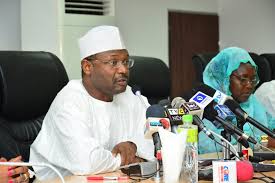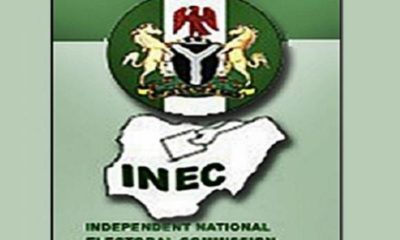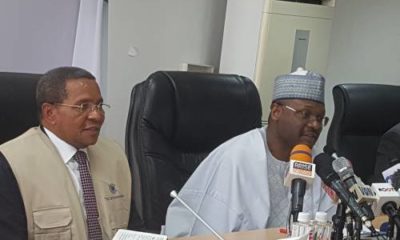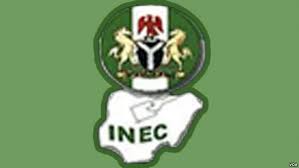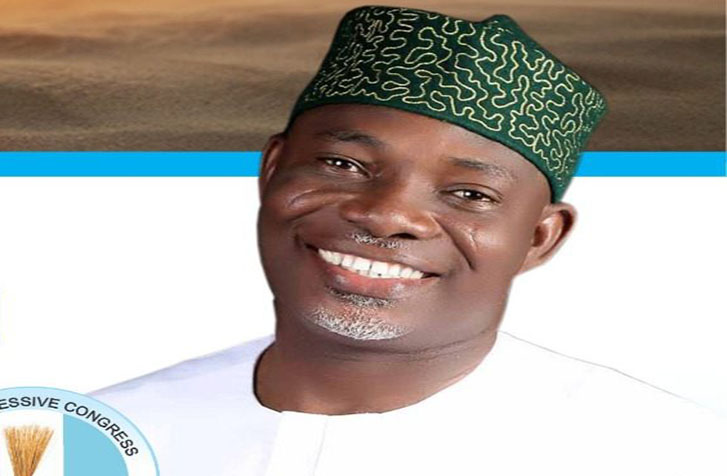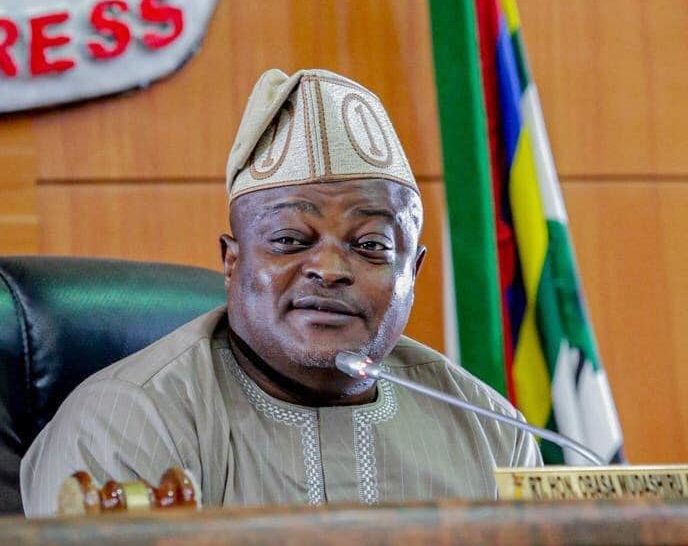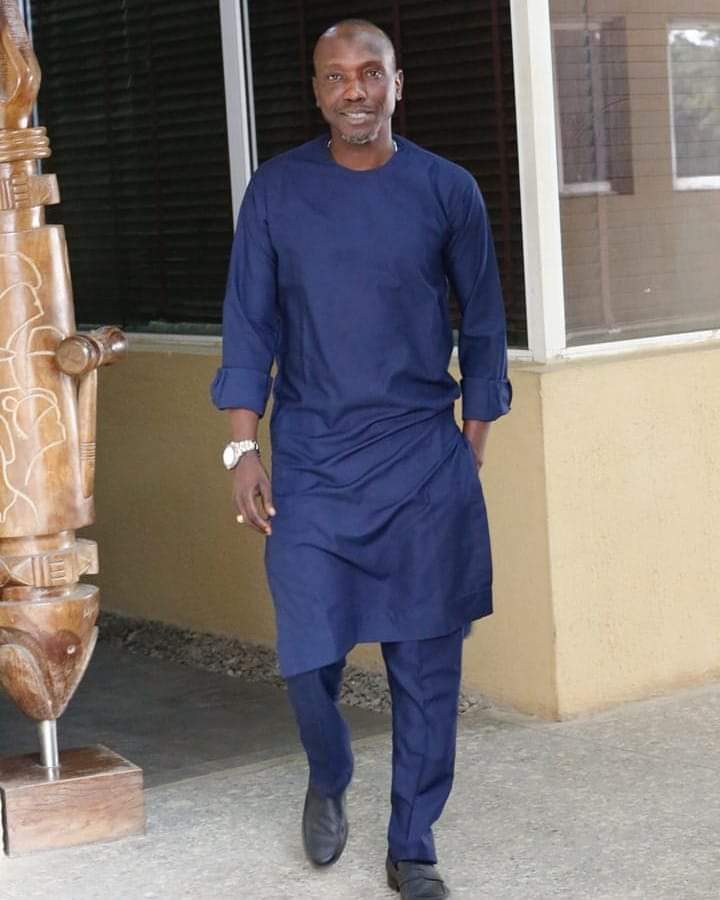By Lukman Amusa
Ahead of the 2019 general elections, the Independent National Electoral Commission (INEC) has taken stricter measures to frustrate those who may be planning to rig the polls. The electoral body yesterday ruled out the use of the incident form used by affected electorate to vote in the event that the smart card reader is unable to authenticate them. The premier reports that the incident form, widely used in the 2015 general elections, was a separate document completed by the presiding officer which allowed voters with PVCs to vote if the card reader fails to validate their biometrics. The presiding officer will fill in the voter’s data and allow him to vote. The snag, it was learnt, was that multiple voters who may have been weeded out in the voter register, could take advantage of the incident form to perpetrate electoral fraud. Also, electoral officials could, out of threat or inducement by community leaders, allow even unqualified persons with fake voter cards to vote. But speaking yesterday during the usual quarterly consultative meeting with political parties where he presented the national voter register to them, the INEC chairman, Prof Mahmood Yakubu, said the electoral body had now abolished this form and it will not be part of the 2019 general elections. The INEC chairman said: “The separate Incident Form used in previous elections which is only completed by the presiding officer without the involvement of the voter is now abolished.” He explained that “where the biometric authentication fails, the voter will be required to thumbprint a box next to his/her picture on the register and to enter his/her mobile telephone number before proceeding to vote.“ Yakubu also debunked the claim that the Card Reader had been enhanced to recapture voters’ fingerprints at polling units and automatically overwrite the biometric record on INEC’s database, saying such claim was untrue and should be disregarded. The INEC boss further disclosed that the commission had uncovered a new trick of vote buying by some partisan actors. It was gathered that Permanent Voter Cards (PVCs) are being bought up while others are being financially induced to hand over their Voter Identification Number (VINs). The new method in vote buying, according to INEC, also includes collection of details of bank accounts and telephone numbers of voters. By collecting their phone numbers and bank details, the intention, it was gathered, is to induce voters by electronic transfer of funds to their accounts since it will be difficult to buy votes at polling units. Also, the vote merchants, it was gathered, believe that by collecting the VINs, they can hack into INEC’s server and the card readers somehow preloaded ahead of elections and compromise the process. But INEC has given the assurance that there is no cause for concern, adding that the electoral body is up to the task. “We have received credible information that some partisan actors are now going round buying up PVCs from voters or financially inducing them to collect the Voter Identification Numbers (VINs) on their PVCs,” Yakubu said. “In some instances, telephone numbers and details of bank accounts of voters have been collected. By collecting the PVCs, their intention may be to deprive the voters of voting since no one can vote without the PVC. It is a futile effort.” Yakubu, however, said that the commission would work with the security agencies to deal with the violators of the electoral laws, including those who may be trying to compromise INEC staff responsible for making the PVCs available for collection by legitimate voters. While speaking on how the INEC dealt with the previous incidences of vote buying, Yakubu said it responded to the menace in three ways. “First, we altered the configuration of our polling units by moving the ballot boxes closer to the voting cubicles in order to make it difficult for voters to expose their marked ballot papers. “Secondly, we have introduced a partial ban on the use of mobile phone and other photographic devices by voters while in the voting cubicles. Thirdly, we are introducing the rolling and flattening of ballot papers by voters before casting them into the ballot boxes.” The INEC boss went to explain the efforts the commission was making towards discharging its mandate successfully. “As you would have noticed, the commission has been diligently implementing the Timetable and Schedule of Activities for the 2019 General Elections. We have so far implemented eight out of 14 activities. At this meeting, we shall implement the ninth activity by publishing the final register of voters for the 2019 general elections as required by law. “In fulfillment of this legal requirement, the commission has made available to each political party a copy of the entire national register of voters. After the mandatory display of the register in all polling units nationwide for claims and objections from 6th-12th November 2018, the final register for the 2019 General Elections stands at 84,004,084 voters. “This is the same register that will be available at each polling unit nationwide on Election Day,” Yakubu said. The INEC chairman, however, expressed worry that even though the commission had printed and delivered the PVCs to the states for collection by registered voters, millions are still unclaimed. “I urge all registered voters who have not collected their PVCs to approach any of our local government area offices and other designated collection centres nationwide to pick up their cards,” Yakubu said, adding, however, that collection of PVCs by proxy was not allowed. “Registered voters should endeavour to collect their cards personally without which no person can vote on election day,” the INEC chairman said. He further affirmed that Smart Card Readers would be used for the accreditation of voters. “For clarity, I wish to stress that the function of the Smart Card Reader during accreditation is to confirm, verify and authenticate the voter. “First, it shall be used to confirm that the PVC is genuine and issued by INEC. Cloned cards or cards that do not match the codes for a particular polling unit in which the voter is registered will be rejected by the Card Readers. “Secondly, the Card Readers shall verify that the voter who presents the PVC is the actual owner of the card by ensuring that the personal details on the Card Reader are consistent with the manual register for the polling unit. “Thirdly, the Card Reader shall be used to authenticate the fingerprint of the voter as an additional confirmatory procedure. If the fingerprint is not authenticated by the Card Reader but the PVC is confirmed as genuine and the voter’s personal details are consistent with the manual register, he/she shall be allowed to vote. “However, where the biometric authentication fails, the voter will be required to thumbprint a box next to his/her picture on the register and to enter his/her mobile telephone number before proceeding to vote. The commission has modify the register of voters for the 2019 general elections accordingly.” With the election date fast approaching, the commission also advised the leaders of political parties to start compiling the lists of party agents for submission not later than 14 days to the election. He continued: “In line with the timetable and schedule of activities for the 2019 general elections, the deadline for presidential and National Assembly elections is February 1, 2019 while governorship, state assembly and FCT Area Council elections is February 16, 2019. “Very soon, the commission will schedule a Train-the-Trainer Workshop for party agents. I urge you to nominate competent persons as master trainers capable of cascading the training to other party agents.” As reported earlier by our sister publication, Sunday premier, On the searchlight beamed by INEC on political campaign spending, Yakubu said the monitoring was in full force. “As campaigns are going on nationwide, the commission will keep very close watch on campaign finance. In particular, we shall closely monitor spending by parties and candidates as well as individual and group donations to campaign organisations. “We will discharge this regulatory responsibility diligently. The commission has designed Campaign Finance Reporting Forms to ensure compliance with the reporting requirements by parties. The EC16C for annual finance reporting by parties, the EC16D for income (including contributions and donations) and EC16E on party expenditure are already available on the commission’s website,” Yakubu said. He said INEC had to quickly finalise the guidelines and regulations for the 2019 general elections with the forwarding of soft copies of the draft guidelines and regulations to all political parties through their official email accounts over a week ago. “By making the document available ahead of this meeting, we hope that political parties would have studied it for discussion. We have also made one hard copy available to each party for this meeting. It is important to have your input at this meeting so that we can expeditiously finalise the document as well as the training manual for the general elections,” Yakubu said. He assured political parties that there was no change from the number of polling units and voting points used for the 2015 general elections and the 2016 Area Council elections in the FCT as shown in the register of voters presented them. “Any information to the contrary is utterly baseless and should be disregarded,” Yakubu added.

 News5 years ago
News5 years ago
 News5 years ago
News5 years ago
 News5 years ago
News5 years ago
 News5 years ago
News5 years ago
 Politics5 years ago
Politics5 years ago
 Politics5 years ago
Politics5 years ago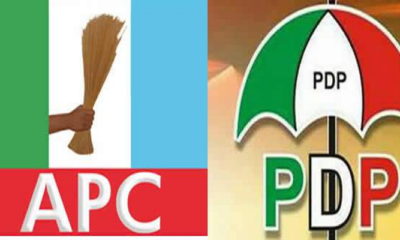
 Politics5 years ago
Politics5 years ago




